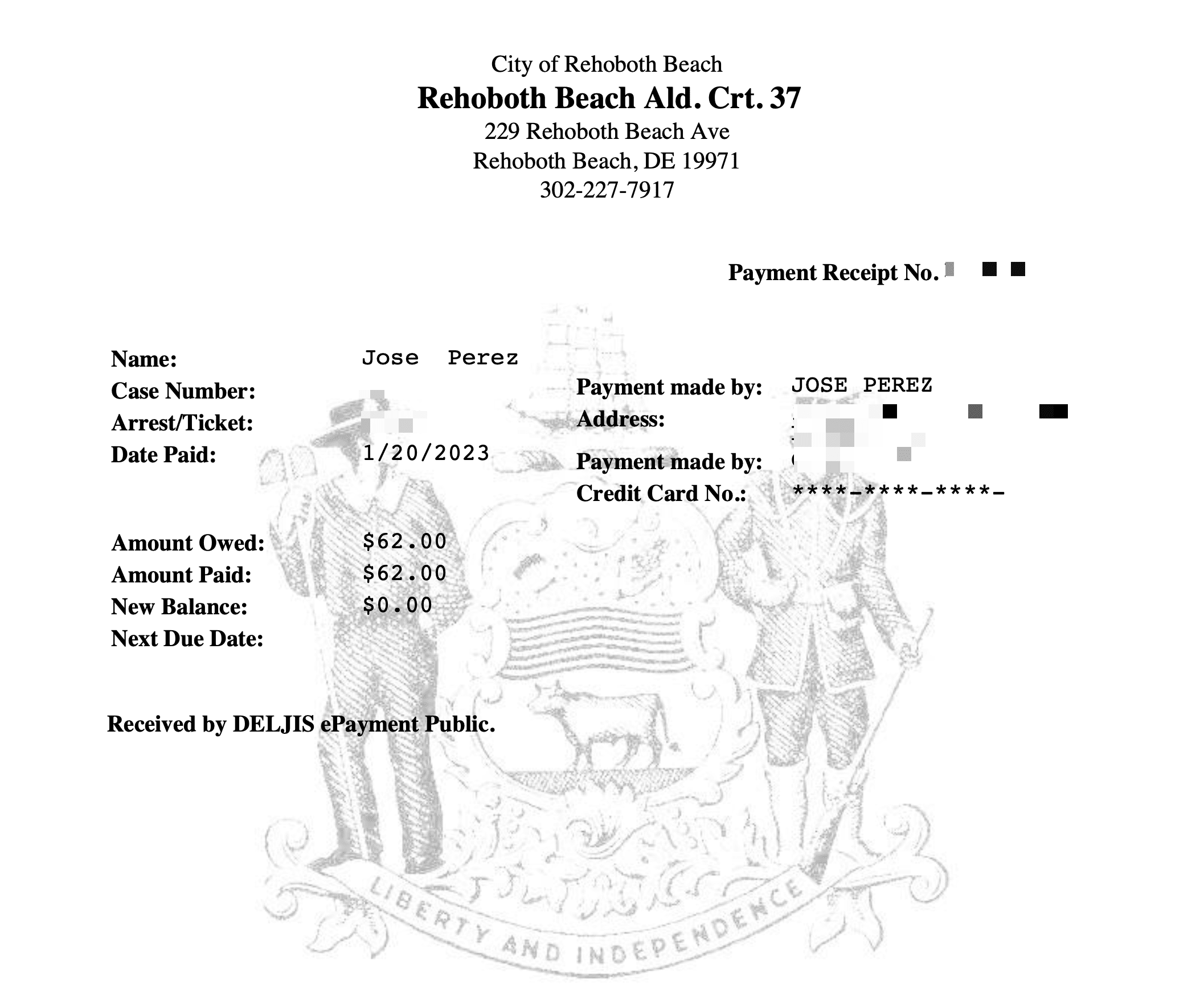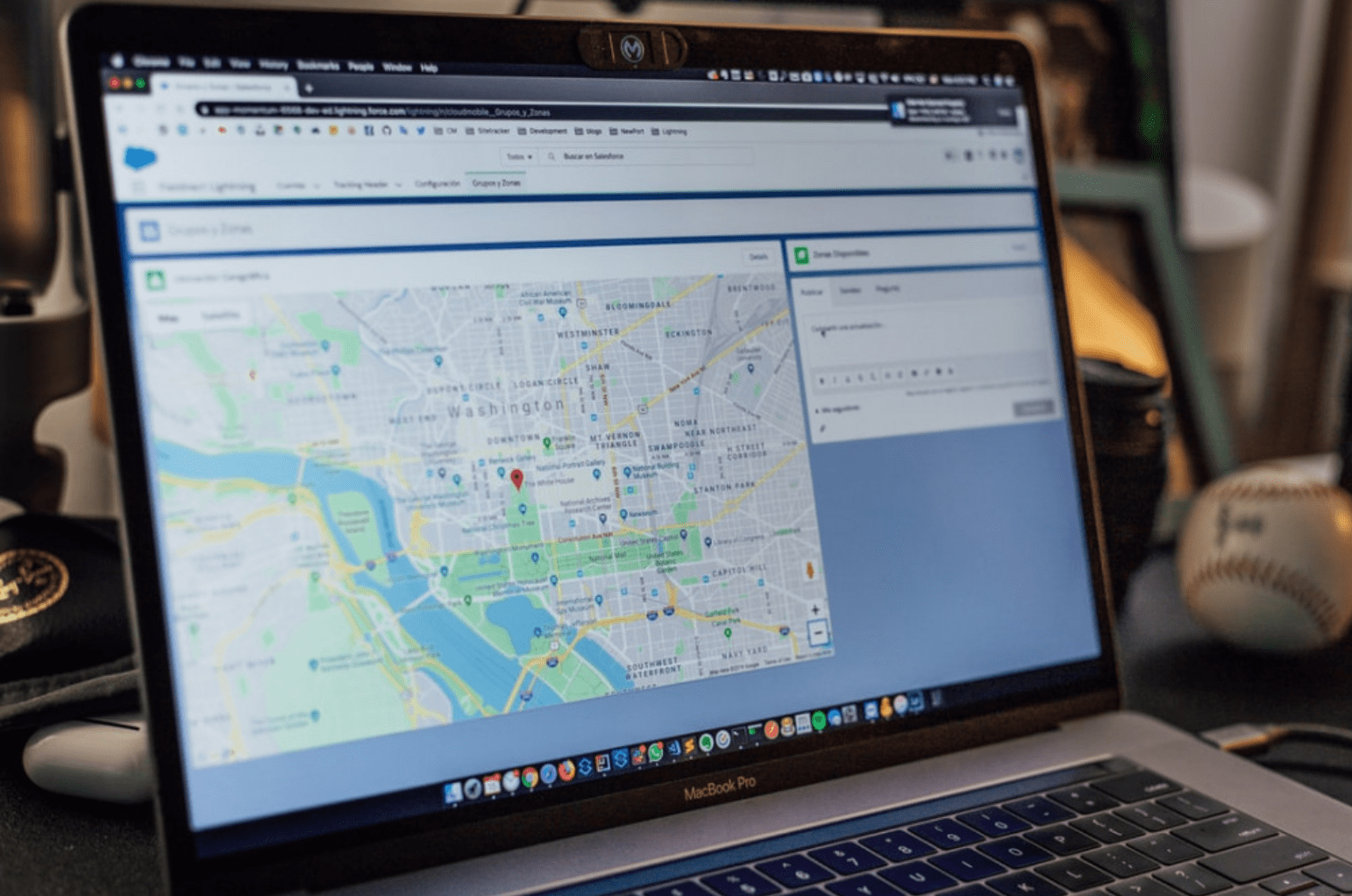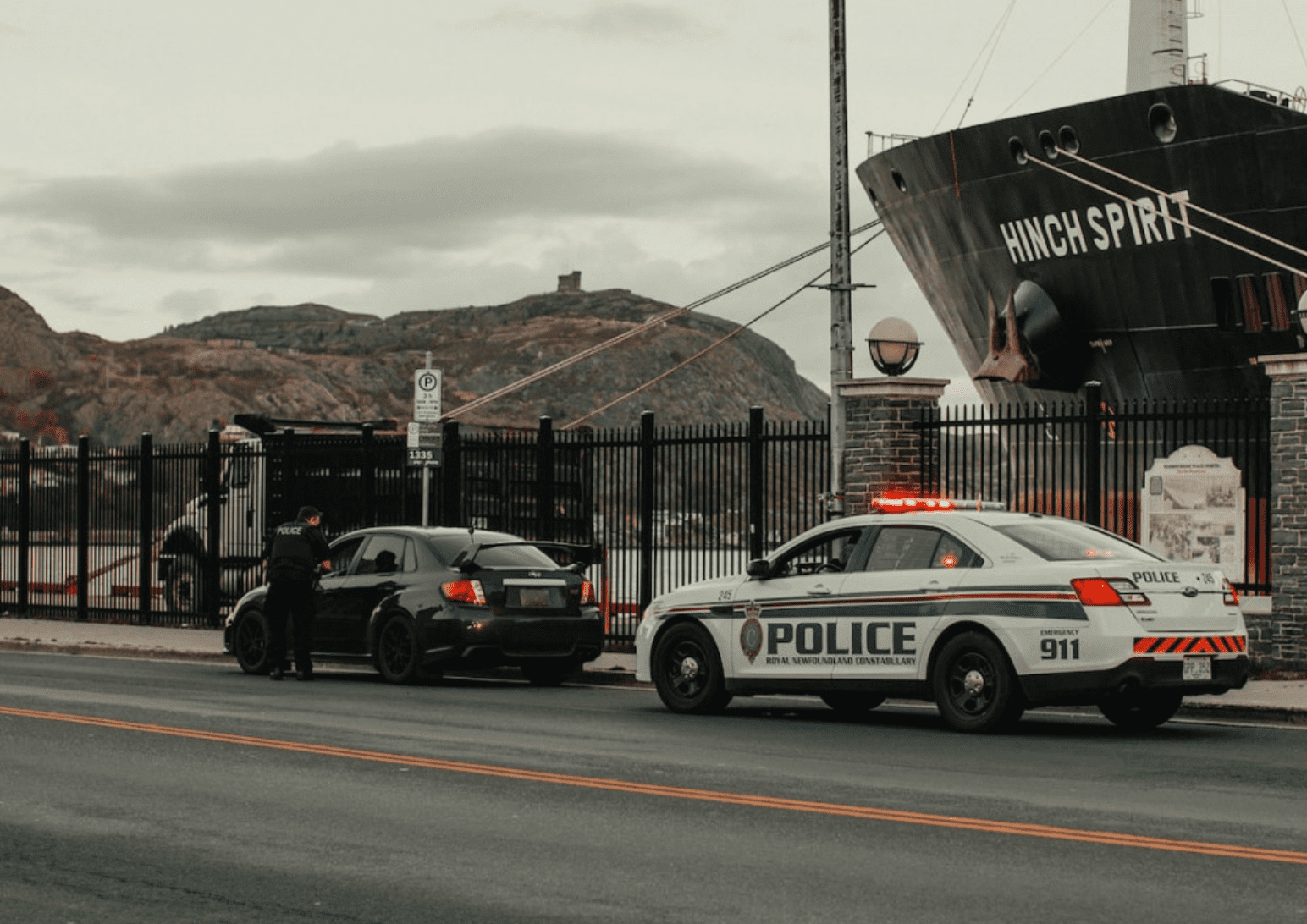Some of the links on this page are “affiliate links.” This means if you click on the link and purchase the item, we will receive an affiliate commission at no extra cost to you. Please visit our Affiliate Disclosure page for more information.
Police typically use public spaces to conduct their official duties. However, they may use private properties to catch speeders under certain circumstances. Even though laws differ from state to state, some legal standards apply the same wherever you live.
Police can sit on your private property and radar gun people with your permission. Generally, whether they use a property or not is up to the homeowner. However, in cases where the police are in hot pursuit, have a warrant, etc., your permission to use the property is unnecessary.
I recently received a traffic citation in Rehoboth Beach, DE, for allegedly driving 40 mph on a 25 mph restricted road. The intersection is one of those where a 40 mph road suddenly becomes a 25 mph. Unluckily, there was a police car stationed at the corner, and it seemed to be on private property, which I thought was odd. The officer was nice enough to lower the citation to 5 miles over the limit instead of 15 miles. The result was a $62 fine, as shown in the picture below. This raises the question, can police use radar guns while parked on private property?

This article will discuss what you can do if you don’t want police to use your property to catch speeders. It will also cover cases where police can perform their official business without owners’ permission. Finally, we will address what happens to speed tickets issued by police sitting on private property.
What if You Don’t Want Police Using Your Property To Catch Speeders?
Sometimes police use private property to catch speeders at owners’ request.
People who live near long cross streets will call the police to complain about cars exceeding the speed limit when passing near their property. In this case, the police will not need additional permission to use your property and engage in speed enforcement. The permission is implied in the request made by the owner of the property.
On the other hand, police may choose to use your property if it is strategically positioned on the street or offers other facilities. In this case, the police usually need the property owners/tenants/managers’ permission to sit on it.
Sometimes the police may sit on private property without the owners’ permission. However, if the owner doesn’t want the police to sit in the driveway of their residence, they have the right to request the police to leave, which is lawful. The owners can do so by
- Nicely asking the police officers who are at the driveway directly.
- Calling and asking the Police Department to tell the officers to leave the driveaway.
The above rule may change if the private property is a parking place belonging to shopping malls or other private businesses.
Most businesses agree beforehand to grant this permission to the police. In this case, the police do not need permission each time they use these places to engage in speed enforcement.
Your Rights and Duties When Police Sit on Your Private Property
Even though the procedure may differ from state to state, what remains unchanged is the owners’ right to their property, which is a fundamental right. It includes the right to prevent other people (even police, in certain situations) from entering or using your property.
Here’s some information you need to know concerning your rights and duties.
- It is your right to choose whether you permit the police to conduct their official business on your private property. You can choose to be more supportive of your local police and grant them permission to sit on your property or decide to ask them to leave.
- If you are a tenant, check if your homeowner’s insurance covers any damage caused to the property. If a speeder accidentally hits your property when caught by the police, would the homeowner’s insurance cover any costs? In most cases, it does not.
- The amount of protection for private property may change according to the kind of private property. For instance, the 4th Amendment of the US Constitution covers curtilage (the land or structure directly connected with the primary residence). The latter protects people and their private property against ‘illegal searches and seizures from the police.’
In Which Cases Can Police Conduct an Operation on Private Property Without Owners’ Permission?
Generally, the police will have to request your permission to conduct their official duties on your property. However, there are exceptions for specific situations, as follows:
- If the police have a warrant to enter your property issued by a local court, they do not need your permission.
- If the police are in hot pursuit, they will not need your permission to enter your property.
- If the police are standing between the road edge and the fence surrounding your private property, they are not on your private property. Therefore, they do not need to ask for your consent to stand there.
- According to the US Supreme Court in Hester v. United States, ‘the government’s intrusion upon the open fields is not one of those “unreasonable searches” proscribed by the Fourth Amendment.’ If the police are sitting in an open field, your consent as the property owner may not be necessary.
- It is important to emphasize that the law rules each case where police do not need permission to enter or use your property. Police or other authorities cannot alter these laws.
Is the Speeding Ticket Valid if the Police Sit on Someone’s Property Without Their Permission?
If police officers use private property to catch speeders without the owner’s consent, they may be asked to leave by the owners. However, the fact that they were not granted permission to sit on private property does not invalidate the speeding tickets issued.
The matter would have to be resolved between the owners and the police. It will not waive any obligation of the speeders to pay for the ticket according to the law.
===>You may also want to know how to keep people from parking in front of your house.
Closing Thoughts
The right to enjoy your property, being a fundamental right, includes your right to consent if the police want to use it for their official duties. You have the right to decide whether you will grant the police this permission.
However, there are some exceptions. In cases of hot pursuit, when the police are issued a warrant, or when the property is an open field, the police can enter private property without permission. In each case, these exceptions are prescribed by law, and the police or other law enforcement authorities cannot alter or expand the scope of these exceptions.
Related Posts:



